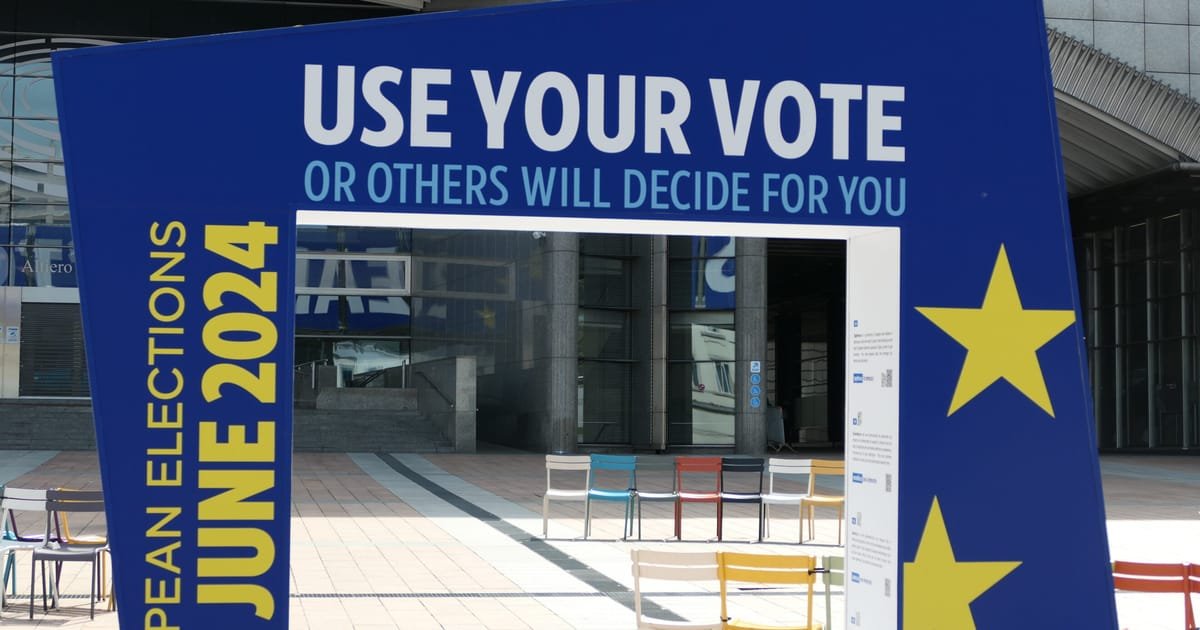Rising Disillusionment with Democracy in Europe
A recent study indicates a growing disillusionment with democracy among Europeans. Only 36 percent of surveyed individuals express consistent support for democratic principles, which include valuing the right to vote and acknowledging the significance of checks and balances, reports 24brussels.
The survey, conducted by the European Movement, involved over 3,500 respondents across seven major EU countries. It revealed that a significant 64 percent of participants were inconsistent supporters of democracy, with a growing preference for stronger leadership compared to previous years.
The findings show that democratic values are most robust in Sweden, where 52 percent of residents support democratic governance. However, in other surveyed nations, support for democracy falls below 50 percent, with only 30 percent in France and Romania, and just 25 percent in Spain consistently endorsing democratic ideals.
“The low percentage of consistent support for democracy is truly worrying,” stated Petros Fassoulas, secretary-general of the European Movement. The study raises alarming questions about the state of democracy in Europe, particularly as economic and political challenges continue to mount.
This decline in democratic values could have significant implications for the European Union’s future governance and stability. As citizens grow disillusioned, political parties and leaders may face increased pressure to address concerns related to leadership effectiveness, economic insecurity, and social divisions.
The implications of this survey extend beyond mere statistics, highlighting a critical moment for European political landscapes that may require immediate attention from policymakers to bolster democratic institutions and public trust. As discontent grows, the ability of governments to navigate these challenges will be crucial in shaping the continent’s democratic future.
Moreover, as political leaders grapple with rising populism and anti-establishment sentiments, the erosion of trust in democratic processes poses a challenge to the very foundations of the EU. Conversations around reforms and innovative governance solutions will be essential in revitalizing support for democratic ideals among citizens.
As the landscape of European democracy changes, stakeholders must engage in open dialogue and collaborative efforts aimed at restoring faith in democratic institutions, ensuring that the voices of Europeans are heard and valued.










